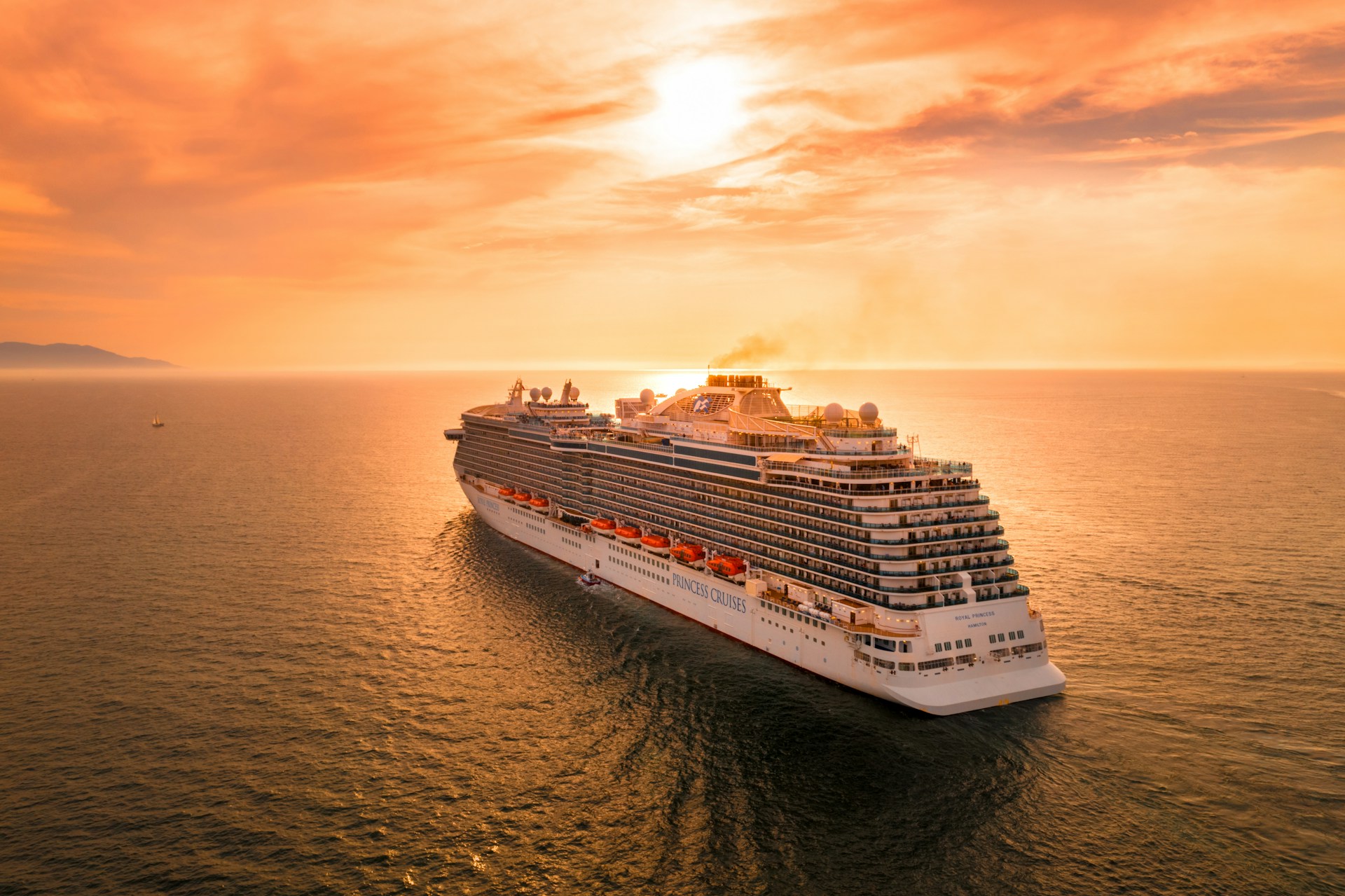FSB: Pause Cruise Ship Levy until visitor tax impact known

The Federation of Small Businesses (FSB) has urged the Scottish Government to learn lessons from the Visitor Levy before introducing powers to impose an additional charge on cruise ships.
The Scottish Government is consulting on the benefits and challenges associated with implementing a local authority-level Cruise Ship Levy, following the passing of the Visitor Levy (Scotland) Act 2024.
With Edinburgh due to introduce the country’s first Visitor Levy in summer 2026 and other local authorities at various stages of preparing schemes, FSB said it made sense to await the results of these before introducing another local tourism tax.
In FSB’s formal response to the Scottish Government’s consultation process, Vikki Manson, FSB Scotland’s deputy head of policy, said: “Given the varying stage of Visitor Levy consultations across Scotland, we strongly urge the Scottish Government to pause consideration of a Cruise Ship Levy until the initial levies have been implemented and their effects on the tourism sector thoroughly evaluated.
“A measured, evidence-based approach is essential to avoid unintended consequences for small businesses, local economies, and Scotland’s reputation as a welcoming destination for global travellers.”
Ms Manson said clarity was also needed on the potential economic impact of local Cruise Ship Levies, with the Scottish Government’s own Partial Business and Regulatory Impact Assessment (BRIA) highlighting various estimates for total onshore spending by cruise ship visitors across Scotland in 2024 varying from £55m to £102m.
She added: “We are confused as to why a full BRIA has not been undertaken at the outset, as per the Scottish Government’s commitment under the New Deal for Business.
“We strongly urge the Scottish Government to undertake in-depth business engagement across the five busiest cruise ports, and emerging ports, by completing small business-focused BRIAs before advancing the consultation any further.”
The submission argues that a Cruise Ship Levy could prove to be a valuable tool for alleviating the impact of large-scale tourism on some communities, but it is important that any potential revenues raised are ring-fenced to improve visitor facilities and the local business environment.
Ms Manson added: “If a Cruise Ship Levy is to be implemented, we recommend that the revenue is allocated directly to support and improve the amenities, infrastructure, and services that make for a better local business and trading environment.”






